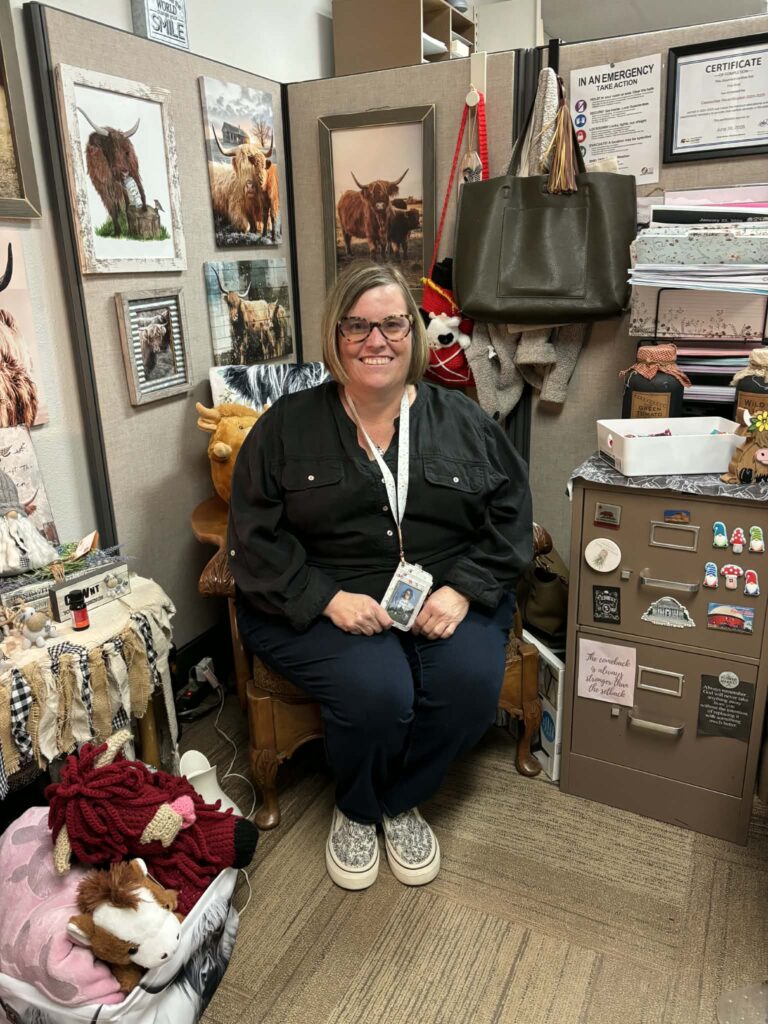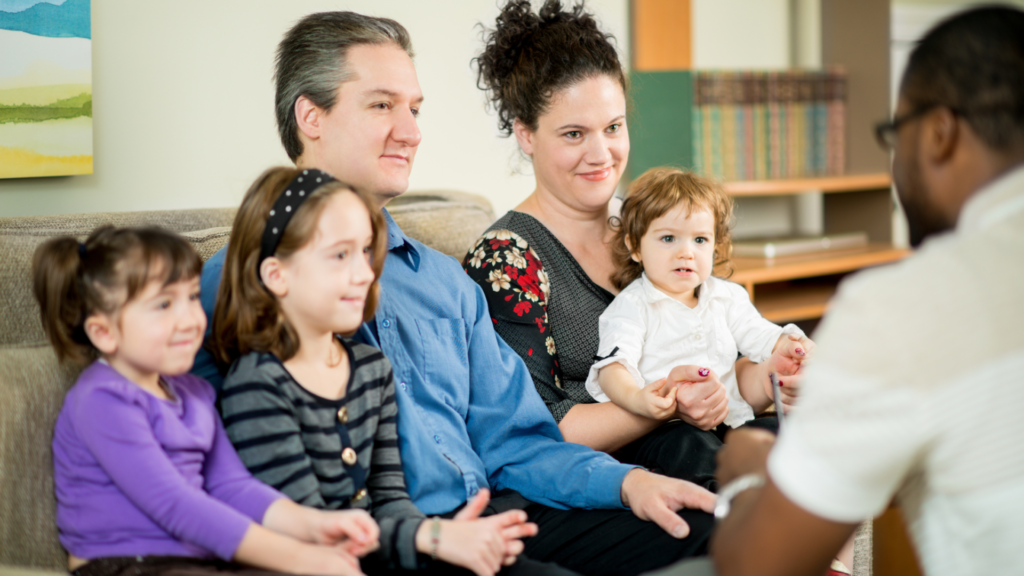Two new bills will improve conditions for children and youth in foster care

During the 2024 legislative session two bills that will positively affect families and children and youth involved in child welfare were passed. The Kinship Foster Care Bill HB24-008 and the High Acuity Bill HB24-1038 were both successfully passed this year with support from the Office of Children, Youth and Families.
The Kinship Foster Care Bill, HB24-008, allows for separate certification standards for kinship foster care homes, making it easier for kin to become certified without compromising safety, thus receiving the same financial reimbursement as traditional foster parents. There is also an unprecedented measure that takes the first step in financially supporting non-certified kinship caregivers, ensuring they receive needed financial assistance through reimbursement of a portion of the foster care rate.
Under the new law courts will now be required to make findings that kin were advised of information about financial assistance, custody requirements, and long-term support options to kinship caregivers.
The passage of this bill represents a crucial step in supporting kinship caregivers and enhancing the foster care system.
The High Acuity Bill, HB24-1038, represents the most substantial investment in services for children and youth with high acuity behavioral health needs in Colorado’s history. This bill will strengthen treatment options for children and youth with complex or high acuity behavioral health needs by providing ongoing funding to both maintain the existing state-contracted programs and expand the number of state-contracted beds reserved for youth with high acuity needs.
This population of children and youth requires more intensive services, treatment, and staffing. As a result of these complex needs and an under-resourced treatment continuum, they largely are unable to be successfully served by the majority of existing residential or community-based programs in the state. Their needs largely require a different treatment model and residential approach than what Colorado has provided with residential settings of the past. The mismatch between services and the needs of our young people means that Colorado is seeing a significant number of kids who are lingering in hospital settings, county offices, or other placements awaiting a bed for treatment.
HB 24-1038 creates a provider training academy within CDHS to create a pipeline of highly trained staff to support the needs of young people placed in residential facilities, and further requires CDHS to create quality standards for out-of-home providers to ensure that organizations are adhering to best practices in trauma-informed clinical care and engaging in continuous quality improvement. This bill aslo allows CDHS to directly pay residential providers an incentive payment to serve young people with complex needs, and allows CDHS to control admissions and discharges for all state-controlled beds.
With the package of investments included in this bill, CDHS has an opportunity to ensure young people significantly impacted by trauma, mental and behavioral health, and psychiatric needs can access the behavioral health services and supports they deserve and to which they are entitled.
More Posts







